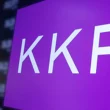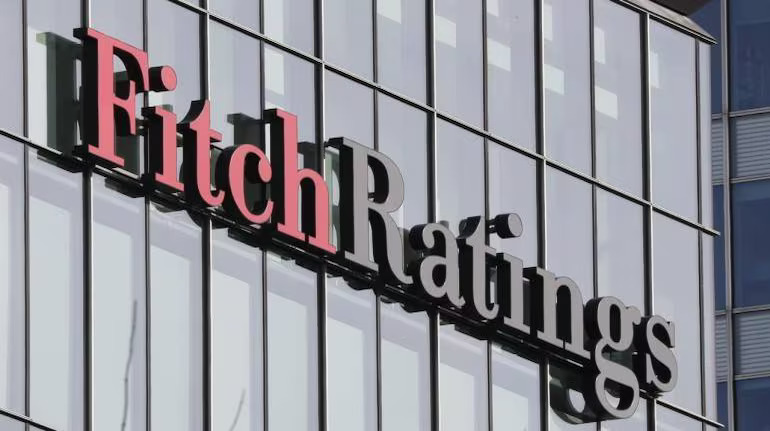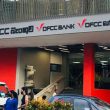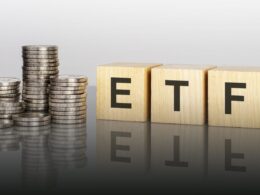The global market for ESG sukuk is projected to surpass $50 billion outstanding by 2025, solidifying its position as a critical funding tool in Islamic finance markets across Saudi Arabia, the UAE, Indonesia, and Malaysia, according to Fitch Ratings. ESG sukuk has also emerged as a significant financing instrument in emerging markets, accounting for approximately 20% of emerging-market ESG dollar debt issuance in 2024 (excluding China), with the remainder issued as bonds.
The growth of ESG sukuk is driven by a combination of factors, including funding diversification, regulatory support, sustainability initiatives, and sovereign and corporate commitments to net-zero targets. Fitch Ratings estimates ESG sukuk will make up over 15% of global dollar sukuk issuance in the medium term, compared to 12.3% in 2024.
“Nearly all Fitch-rated ESG sukuk are investment-grade, reflecting the robust credit profile of the market,” said Bashar Al Natoor, Global Head of Islamic Finance at Fitch Ratings. “Sukuk has become a key ESG funding tool in emerging markets, bolstered by sustainability initiatives, growing funding needs, and a supportive environment, although issuance remains concentrated in a few countries.”
In 2024, the global ESG sukuk market expanded by 23% year-on-year, reaching $45.2 billion outstanding, outpacing the growth of both global ESG bonds (16%) and overall sukuk issuance (10%). Green and sustainable sukuk have enabled issuers to tap into demand from ESG-focused international investors in the US, Europe, and Asia, alongside Islamic investors from the Gulf Cooperation Council (GCC) region.
In the GCC, ESG dollar debt reached $46.3 billion outstanding by the end of 2024, with 44% issued as sukuk. Nasdaq Duba remains the largest primary listing venue for ESG sukuk, accounting for 35% of global volumes.
Despite its growth, the ESG sukuk market faces several challenges, including the complexities of ensuring sharia compliance—such as adherence to AAOIFI Sharia Standard No. 62—as well as geopolitical risks, volatility in oil markets, and waning sustainability initiatives. These factors could potentially hinder market expansion in the coming years.
With its strong performance and investment-grade profile, ESG sukuk continues to play a pivotal role in supporting sustainability objectives in emerging markets and Islamic finance. However, its future growth will depend on overcoming regulatory and market-specific challenges while leveraging demand from a diverse global investor base.




















